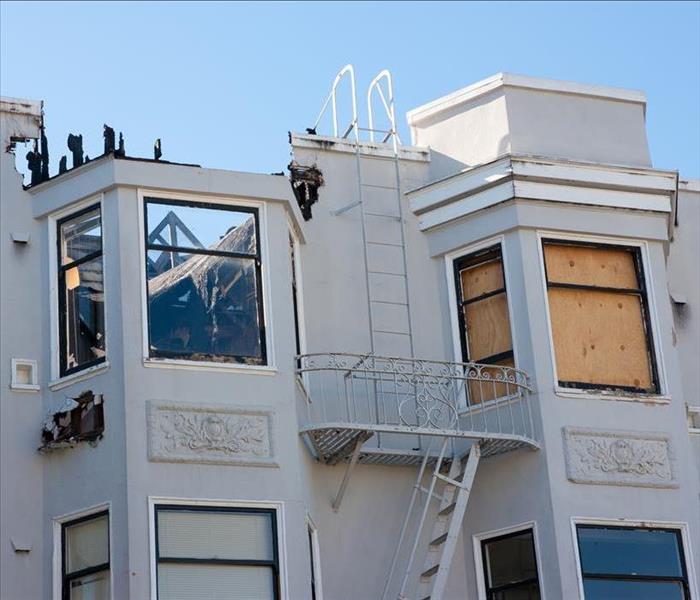How To Maximize Recovery After a Partial Loss
10/27/2021 (Permalink)
How to Get the Most Out of Your Recovery After a Partial Loss
A fire can be devastating, both financially and structurally, as it often results in fire, water and smoke damage. Areas of a building not even touched by flames may require cleanup and restoration, and electronics throughout the building may be ruined due to smoke, water and power surges. So, as a business owner, it can be devastating when an insurance company deems one's fire loss a "partial loss". If your insurance company recently returned a partial loss verdict, it's understandable if you're feeling frustrated and unsure of what to do. However, don't let your frustration get the better of you; instead, take the following steps to maximize your recovery and get your business back off the ground:
• Call in a Buckhead, GA, fire restoration team to perform a thorough inspection and document damage.
• Document everything that was damaged or destroyed, even if you're not sure it's worth documenting.
• Check for mold, smoke, soot and other irritants.
Request a Thorough Inspection
Most insurance adjusters won't accept a fire loss claim without the findings of a thorough inspection. This means that you cannot just assess the damage yourself, mark stuff down and send in a claim. You must call in a licensed contractor who can walk through your building and inspect the roof, structure, siding, windows, insulation and plumbing, and HVAC systems. The contractor can provide an official report that itemizes damages and losses.
Document Losses
While a professional fire cleanup team can assess your building for structural damage, they likely won't know how to categorize your more personal losses, such as equipment loss, data loss and damage to confidential documentation. Do this yourself to ensure that you are covered for everything.
Check for Irritants
Most insurance companies are required to cover mold, smoke, or soot restoration, so long as the damage was from the recent disaster. Have your inspector check for any irritants so that you can request remediation.
If all else fails, claim unreimbursed losses on your tax return. However, a thorough inspection, detailed documentation, and present irritants may be all you need to maximize recovery for fire loss.




 24/7 Emergency Service
24/7 Emergency Service
